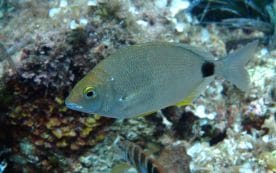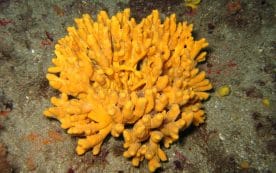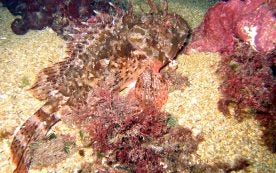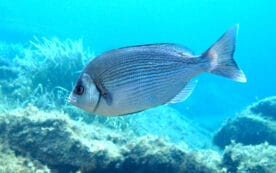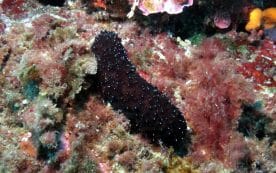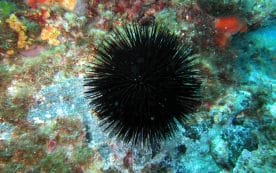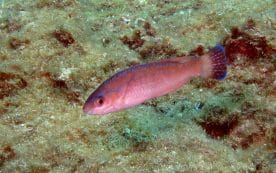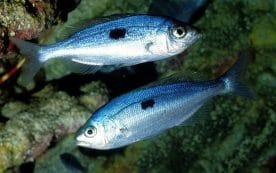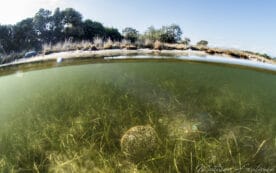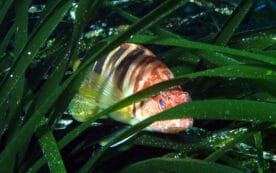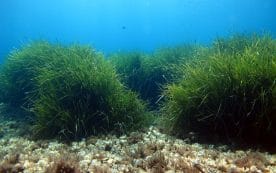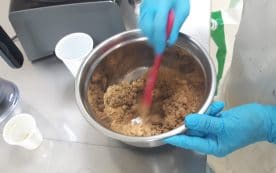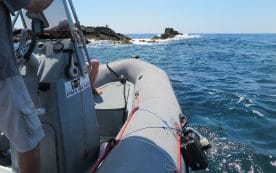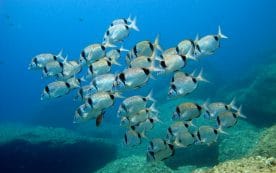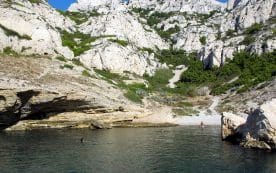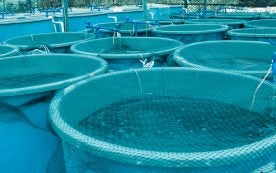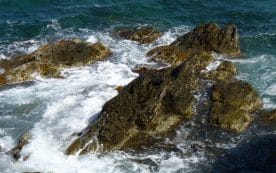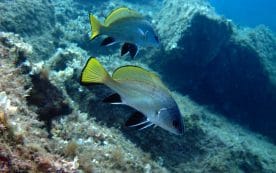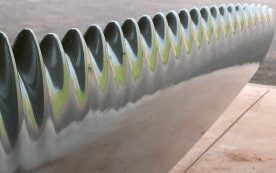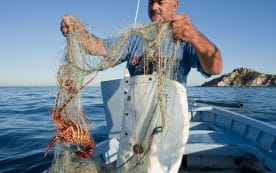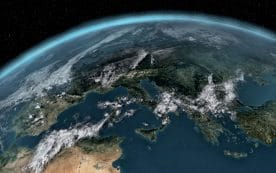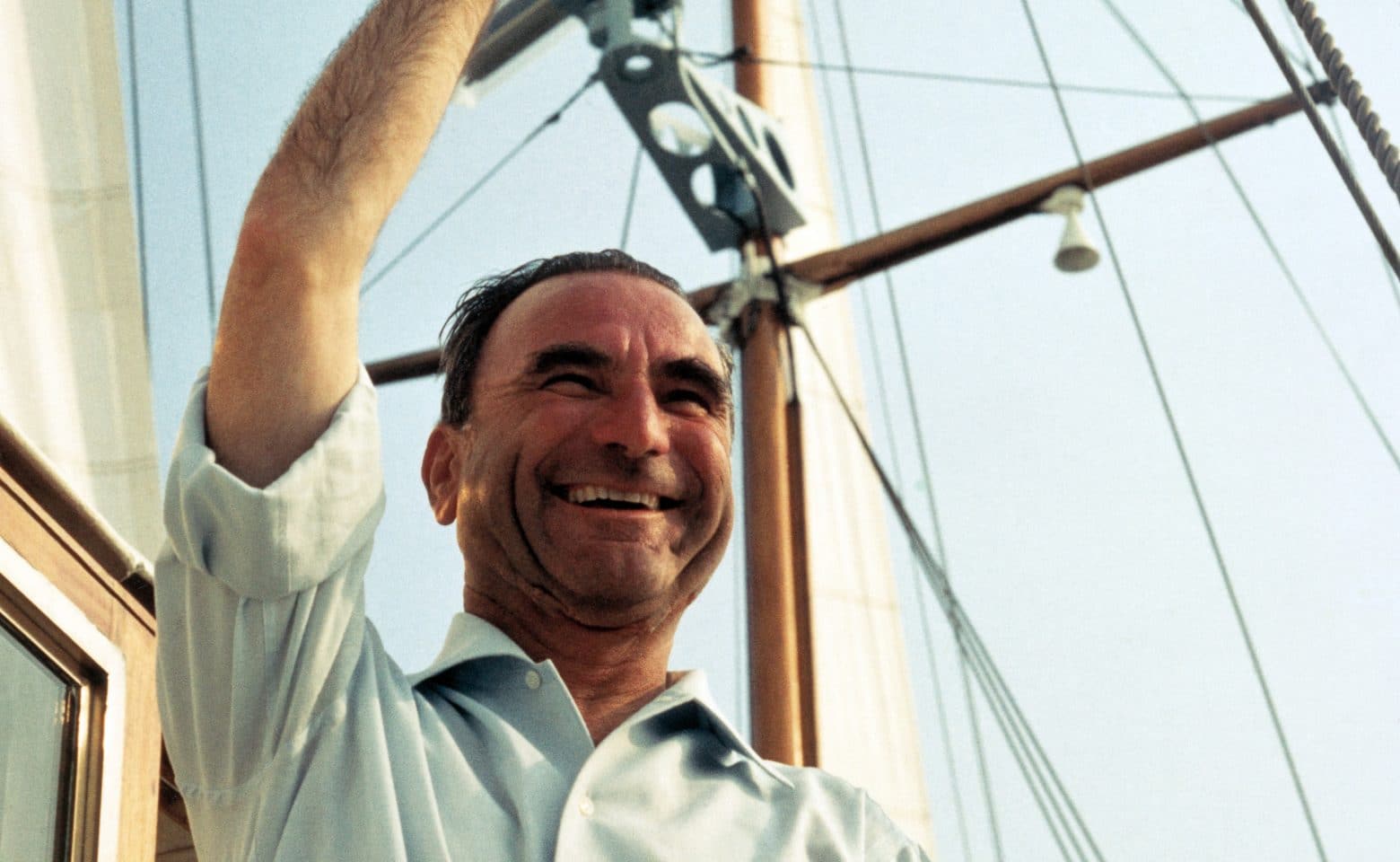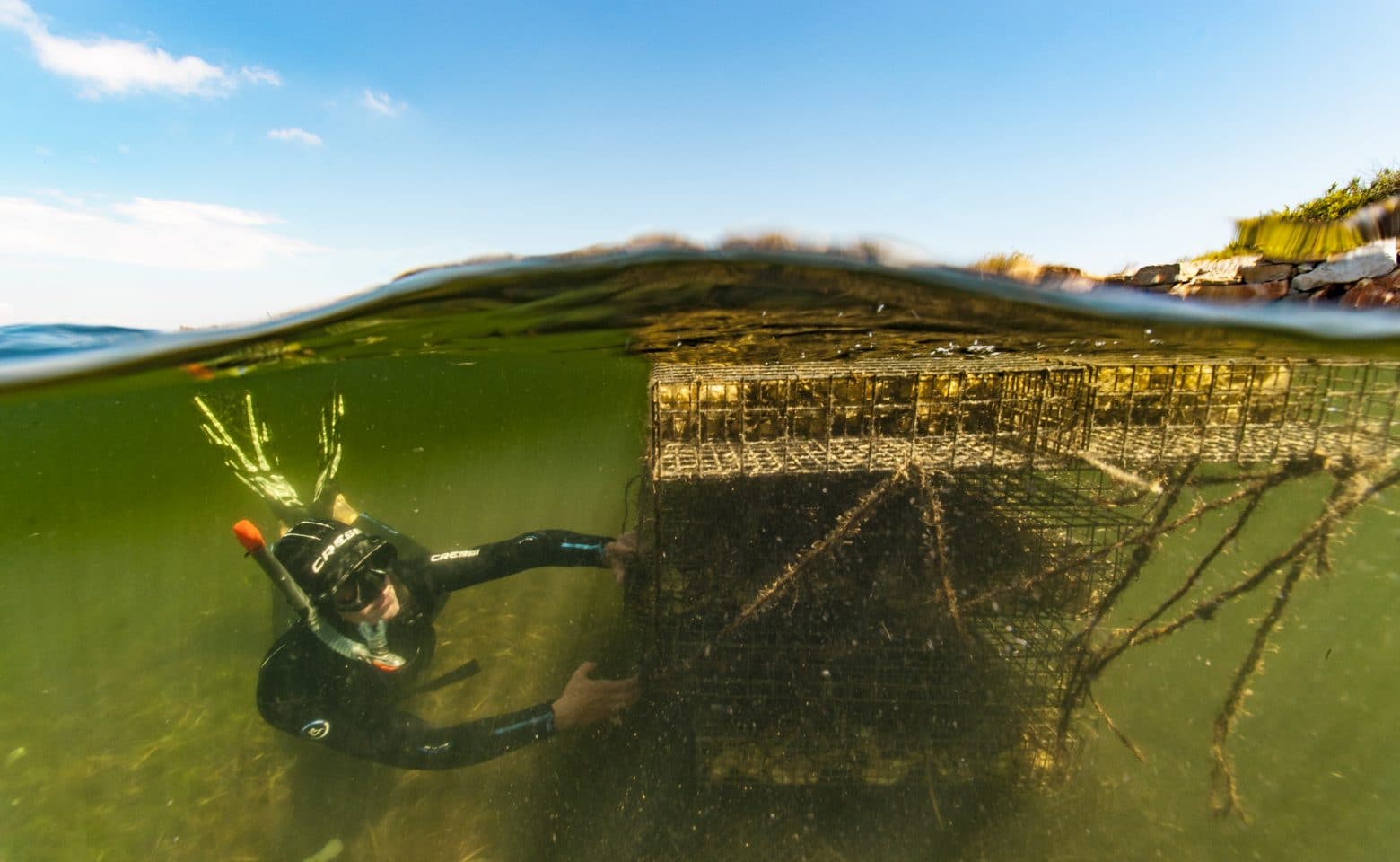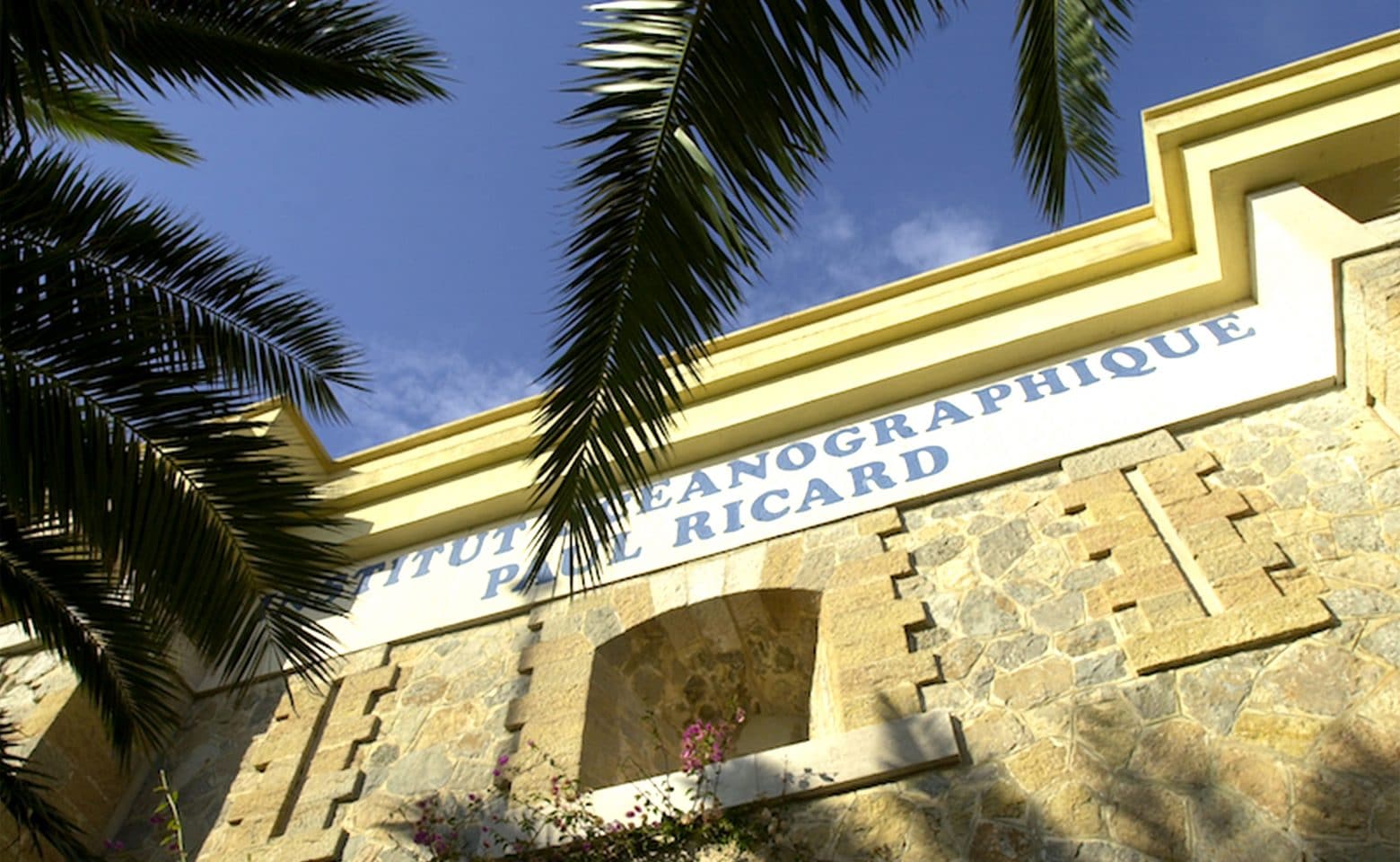Unlike most research centres, it is a non-profit organisation that relies partly on corporate sponsorship. Private and public organisations also contribute to its budget for specific research contracts. Because the scientists at the Institute know they can rely on Ricard’s support, they can work freely and with greater security. They can develop innovative and forward-looking programmes that produce solutions to key environmental issues.
Paul Ricard was an environmentalist ahead of his times, convinced that we are all responsible for protecting our oceans. The Institute was his brainchild and has never stopped combining research with awareness-raising, science and outreach. As such, it was one of the founding members of the Ocean & Climate Platform, which worked at the COP21 to ensure that oceans were placed front and centre of international negotiations on climate change.
Patricia Ricard is the platform’s spokesperson and vice-president, and Chair of the Paul Ricard Oceanographic Institute. Just as Paul Ricard was committed to serving the public interest, today’s research programs are all targeted at the major challenges of the decades to come: management of resources, biodiversity conservation and the fight against climate change.

